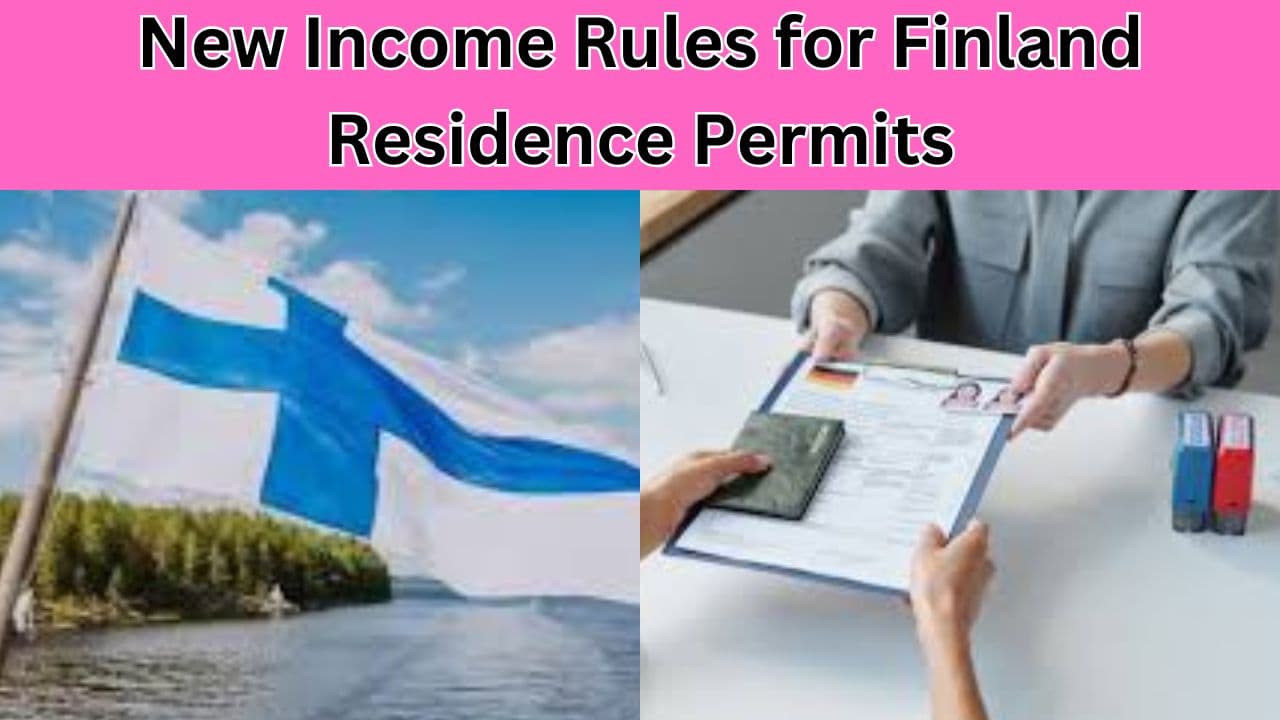Hungary’s introduction of the National Card a new residence card for certain third-country nationals, has sparked a firestorm of criticism in the European Union. The initiative which now includes Russians and Belarusians as eligible applicants has aroused concerns about potential security threats to the Schengen area.
What is the National Card?
The National Card, unlike Hungary’s Golden Visa Program, provides a two-year residency permit to people from designated countries who work in Hungary. To be suitable, applicants must meet the following prerequisites.
- Perform labor for remuneration within an employment arrangement, including through a temporary job agency, or
- In addition to the duties of this role, you will operate as the owner or CEO of a legal business founded for profit.
Eligible nationalities are:
- Bosnia & Herzegovina
- Republic of North Macedonia
- Republic of Belarus
- Moldova
- Republic of Montenegro
- Russian Federation
- Serbia
- Ukraine
Eligible Countries for Hungary’s National Card
The permission is valid for three years, with no restriction on renewals. To renew, applicants must:
- Possess a valid work permit at the time the application is submitted.
- Reside in Hungary for at least 90 days during any 180 days.
- Pass a cultural awareness exam. Some nations, such as Russian, Serbian, and Ukrainian nationals, are exempt.
Check Also: The Ariete Capital Advantage Elite Investments and the Italian Golden Visa Made Effortless
EU Security Concerns: Diplomatic Tensions Increase
Since its creation, the National Card has seen a major scope expansion. Serbian and Ukrainian citizens were the only ones eligible in January 2024. A July directive expanded eligibility to Russians and Belarusians, causing outrage among EU member states amid the ongoing Russian-Ukrainian conflict.
This growth prompted significant national security concerns. The President of the European People’s Party, Manfred Weber, has warned that the new regulation could allow Russian spies to enter the Schengen area.
The Baltic states, Poland, and Finland reacted strongly, fearing for Schengen area security. Sixty-seven MEPs, including Czech MEP Danuše Nerudová and Lithuanian MEP Petras Auštrevičius, signed an open letter requesting the European Commission to probe Hungary’s decision.
Critics are concerned that Russian spies could use the National Card to travel freely around the EU. The program’s lack of limits or caps, combined with unrestricted three-year renewals, exacerbates these problems.
Ylva Johansson, European Commissioner for Home Affairs, urged Hungary’s Interior Minister for details on preventing potential Russian spying.
Hungary claims that National Card applications will be subject to the same rigorous migration and security screening as other resident permits. They claim the National Card will comply with essential EU requirements and security risk assessments.
The Hungarian government maintains that its security procedures are consistent, saying that the quantity of these nationals offers no more risk than those from other Member States.
Is there an “off-brand” Golden Visa?
The National Card is frequently confused for a “cheaper Golden Visa,” however there are significant differences between the two systems.
National Card holders must stay in Hungary for more than 90 days out of every 180 days and continue to work. Golden Visa winners under the Guest Investor Program, on the other hand, are not required to live in Hungary and will be granted a ten-year residence visa that can be extended for another decade.
Family member treatment varies between programs. Golden Visa dependents are granted ten-year permits with the main applicant, which are renewable for another ten years. National Card holders’ family members are granted three-year permits, necessitating more frequent reapplications.
The programs have comparable application processes, issuing methods, processing times, and requirements for Hungarian addresses, health insurance, passports, and biometric identity.
In essence, the National Card differs greatly from the Golden Visa. It provides shorter-term residency to particular countries, and permits for many renewals, but has tougher requirements, including real residence and work in Hungary.
Despite these significant changes, it appears that the National Card is subject to the same political hyperbole that has plagued Golden Visas for years.




zki75y
1vo4wz